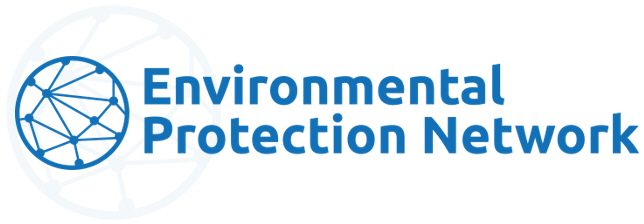FOR IMMEDIATE RELEASE
February 7, 2024
CONTACT:
Steven Fantes, Public Affairs Manager
617-817-1297 and steven.fantes@environmentalprotectionnetwork.org
EPN’s Statement on EPA’s PM NAAQS Annual Standard
John Bachmann, former Associate Director for Science/Policy and New Programs in the Environmental Protection Agency (EPA) Office of Air and Radiation and current volunteer with the Environmental Protection Network, issued the following statement in response to EPA’s release of updated National Ambient Air Quality Standards (NAAQS) for fine particulate matter (PM2.5):
“EPN supports the stronger PM2.5 annual standard, which will prolong the lives of tens of thousands of people and reduce multiple respiratory, heart, and other health effects in sensitive populations, which include the elderly, children, people of color, and disadvantaged groups who live near sources of particle pollution from roads, power plants, and industrial facilities.
EPA was correct in rejecting calls for weaker standards. The quantity and quality of the science supporting tighter fine particle standards has grown significantly in recent years, continues to grow, and fully supports tightening these critical standards.”
John Bachmann is available to speak to the media about this proposal and its effects on public health and the environment.
###
About John Bachmann: John Bachmann worked for EPA’s Air Office for 33 years, much of that as Associate Director for Science/Policy and New Programs, and has extensive experience in the NAAQS review process. He also recommended policy-relevant research that would support NAAQS reviews, accountability research, improved science-based implementation for ozone and PM NAAQS, programs for acid precipitation and regional haze, as well as air pollution and climate interactions.
###
ABOUT THE ENVIRONMENTAL PROTECTION NETWORK
Founded in 2017, the Environmental Protection Network (EPN) harnesses the expertise of more than 600 former EPA career staff and confirmation-level appointees from Democratic and Republican administrations to provide the unique perspective of former scientists and regulators with decades of historical knowledge and subject matter expertise

